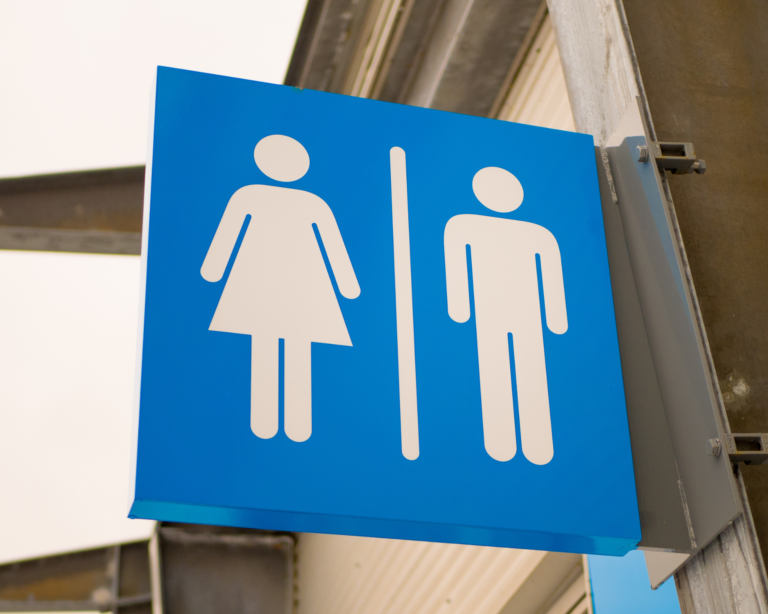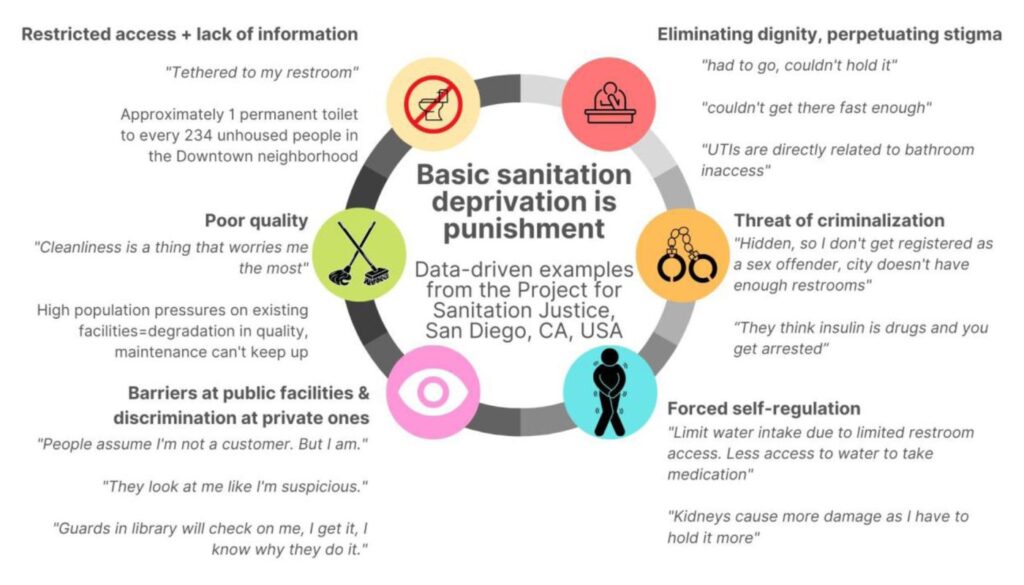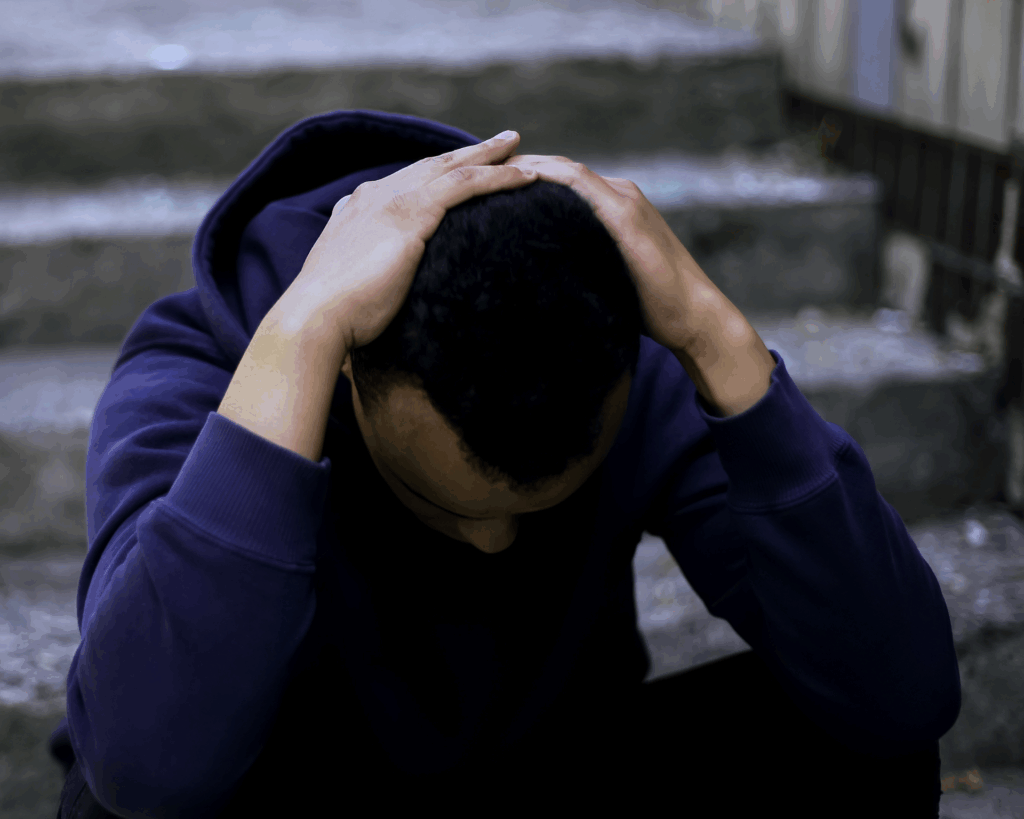Access Denied: Houselessness and WaSH
The lack of water, sanitation, and hygiene (WaSH) resources available in public place an undue burden on those experiencing houselessness.

Read Time: 2 minutes
Published:
As you are walking downtown in your favorite city and nature calls, where can you go to relieve yourself? Every store you pass has a posted ‘no public restrooms’ sign. Finally, you stumble upon a fast-food chain that requires you to buy something to get the bathroom code. You’re desperate now, so you spend $3 on a drink and go.
Not everyone has the luxury of spending a few dollars on a drink to use the restroom, and public restrooms are difficult to find. People experiencing houselessness are greatly affected by the lack of water, sanitation, and hygiene (WaSH) resources – public toilets, drinkable water, handwashing facilities, and trash disposal. As a result, unhoused residents are at greater risk of preventable infectious diseases. And cities have closed public restrooms and increased police enforcement against unhoused individuals.
This is a persistent problem in San Diego, California. More than a quarter (28%) of all unhoused Americans reside in California, with San Diego – the second largest city in the state – experiencing a growing houseless population.
Megan Walsh Carroll and collaborators measured the accessibility of public restrooms and unhoused people’s experiences with WaSH infrastructure in San Diego. The team mapped all public restrooms in the city and measured their cleanliness and accessibility. Researchers then conducted interviews with 62 unhoused residents.

The investigators developed a public web map based on their fieldwork. They found six themes resulting from the deprivation of WaSH infrastructure in San Diego, as shown in the figure above. Reviewing these themes, the researchers concluded that the deprivation of basic sanitation is an undue punishment against unhoused residents who already experience daily harms to their health and dignity.
The authors urge San Diego, and other cities, to build and maintain public restrooms to benefit all people, especially those experiencing houselessness. Finally, researchers call on civic leaders to address stereotypes about the unhoused population and foster community acceptance of public restrooms.



